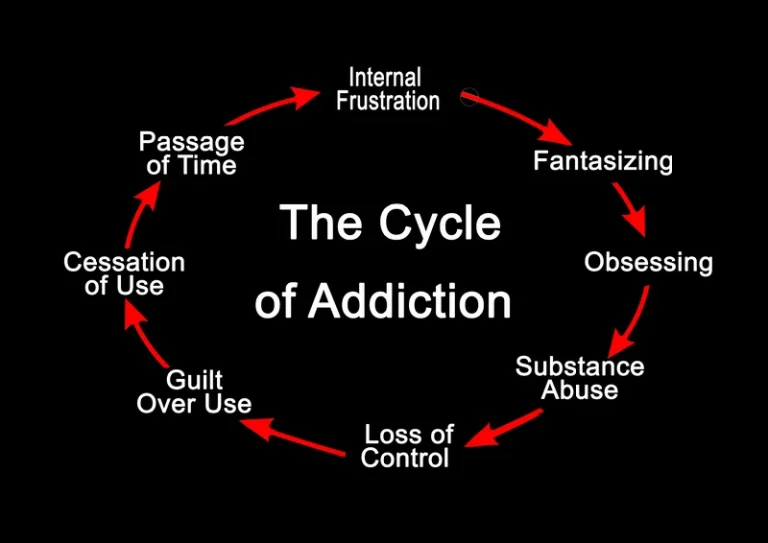
I made a joke that upset him and he started yelling and calling me names. I have learned that when Tom gets like that, it’s best to just agree with him. All these signals can point to a deeper pattern of alcohol misuse and dependence. The more embedded these habits, the more crucial it becomes to address them early and seek support from professionals or peers.
Individualized, evidence based treatment, to fit your needs.
In addition to the brain, alcohol also risks health as it can severely damage the liver, heart, digestive system, immune system, mood, and sleep. However, when that anger becomes constant or uncontrollable, it can cause a number of issues. One of the things that can make anger even more difficult to control is alcohol. These programs typically last 30, 60, or 90 days, sometimes longer. The most effective way to cope with alcohol-induced anger is to avoid consuming too much alcohol. There is also a theory that the disinhibition that alcohol creates raises the risk of violent alcoholism and anger behavior.

How Anger and Alcohol Contribute to Domestic Violence
Extreme emotions that are usually hidden from others, like anger and sadness, may be more noticeable when you drink because you’re less able to conceal and manage them. When they come out, others notice them because they’re not a part of the everyday social experience. Alcohol impairs cognitive function, which means it is more difficult to problem-solve, control anger, and make good decisions when drinking. Decreased cognitive function also means it’s more likely for you to misread a situation and overreact. For example, if you’re intoxicated, you might perceive someone bumping into you by accident as a provocation and respond aggressively. Drinking cocktails that include energy drinks should be considered a possible factor for aggressive behavior as well.
- An immune response causes alcohol allergy, whereas the digestive system is responsible for alcohol intolerance.
- They might also recommend a structured program for your loved one if they’re willing.
- However, some studies have been done to better understand who is more at risk.
- In others, anger is present before drinking and drinking brings out that anger.
- One of the most common misconceptions about seeking treatment for anger issues or alcohol use is that you’ll need to leave your family, your work, or your friends.
Addictions
For example, you wouldn’t think much if a person bumped into you by mistake. However, if you’re drunk, you might Alcoholics Anonymous think that the person is annoying or did it on purpose. Support groups such as Alcoholics Anonymous (AA) and Self-Management And Recovery Training (SMART) are open to anyone with a substance use disorder.
- However, because of the reasons above, alcohol worsens mood swings and anger issues in people who are already generally hot-tempered people.
- There are several risk factors, all of which impact people differently.
- If you are close to someone who experiences alcohol-induced anger, it’s important to get help and support.
- Because of the established link between aggression and alcohol, co-treatments have been developed that can also address anger while drinking.
- The master’s level clinicians and therapists at Serenity Lane dedicate their lives to offering evidence-based, compassionate, and comprehensive addiction treatment because we know anyone can recover.
Why Can Drinking Alcohol Make You Angry?

If it’s ignored, a person is likely to go back to their old ways which increases the chance of relapse. Because of this, a rehab programme should include appropriate anger-management therapy as well as addiction treatment. That means it slows down the way your brain works – especially in your frontal lobe. This part of your brain is responsible for decision-making, emotional regulation, and impulse control. With these processes slowed down, it’s harder to control your emotions and behavior.

The Difference Between Anger and Aggression
In reality, between 16% and 50% of people with alcohol use disorders exhibit violent behavior. Different studies have found different results, but all of us at Hope for Tomorrow have seen the correlation between anger and alcoholism (alcohol use disorder) firsthand. Anyone who has been on the other side of alcohol-induced aggression can tell you it’s very real.

Stress also affects focus and attention abilities, and heightens energy while decreasing appetite and sleep functions. Talk to a healthcare provider when you are considering quitting if you have a long history of heavy drinking or alcohol use disorder. Alcohol withdrawal can cause severe and sometimes life-threatening symptoms.
- In addition to physical dependence, some individuals with alcoholism showcase distinct personality changes.
- Support groups or addiction counseling can tackle the underlying issues effectively.
- An angry person tends to seek out stimuli that activate feelings of anger.
- Think of anger as an iceberg, where what’s visible, like stern looks or raised voices, is just the tip.
- When alcohol enters the equation, its impact on our neurobiology becomes essential to understand.
- By contrast, some individuals’ alcohol consumption contributes to their anger, hostility, and even aggression.
Who is at Risk of Becoming an “Angry Drunk?”
Being at the opposite end of someone with alcohol-related anger outbursts can be scary and painful. Having a short temper also means it is easier to ruin relationships by getting angry over petty things or taking out your stress on a loved one. If this sounds familiar, you may wish to involve your family in your therapy as well. They are probably dealing with their own negative emotions about your behaviour.
Over time, this can wear down relationships or create an environment where family members feel unsafe. The problem is when someone gets stuck in this step and ignores the situation. Eventually, they fail to deal with anger which interferes with their recovery progress. When this happens, they’re likely to return to their addiction and have even more difficulty finding recovery once again.
